forestgnome
New member
Had a day off this week, went for a little hike. This moose was in a feild near the TH after sunrise. I spotted motion in the woods and waited until he came out...
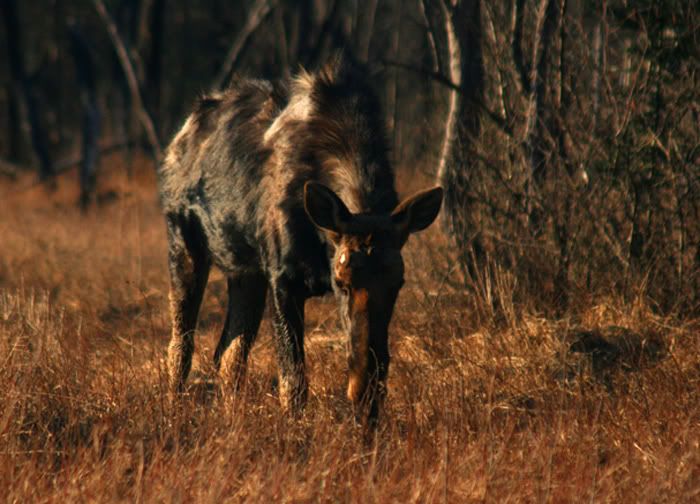
He went back into the woods, then popped out near the TH, but I don't want to mention which trail...
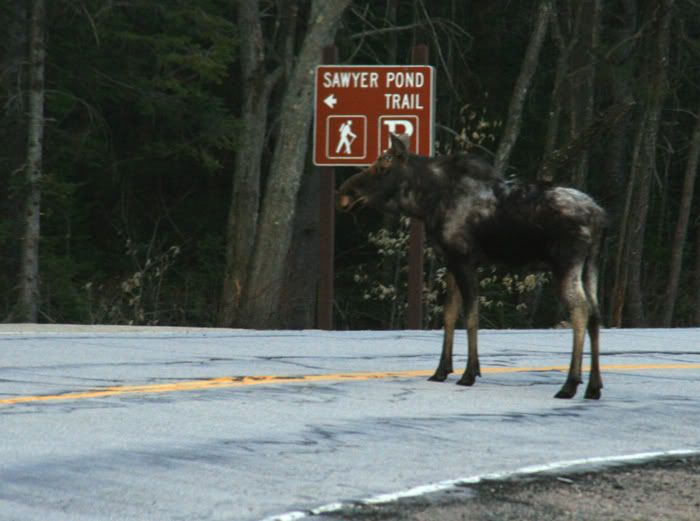
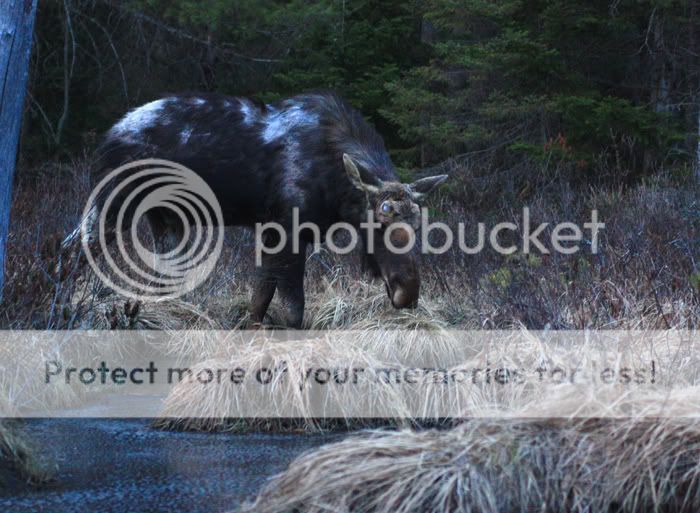
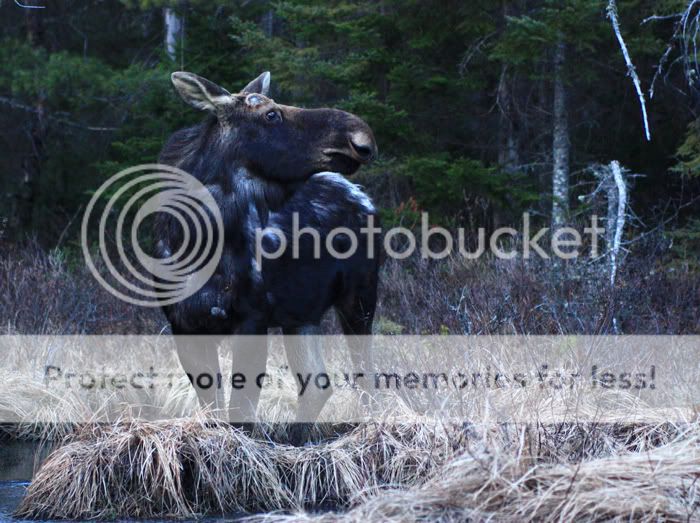
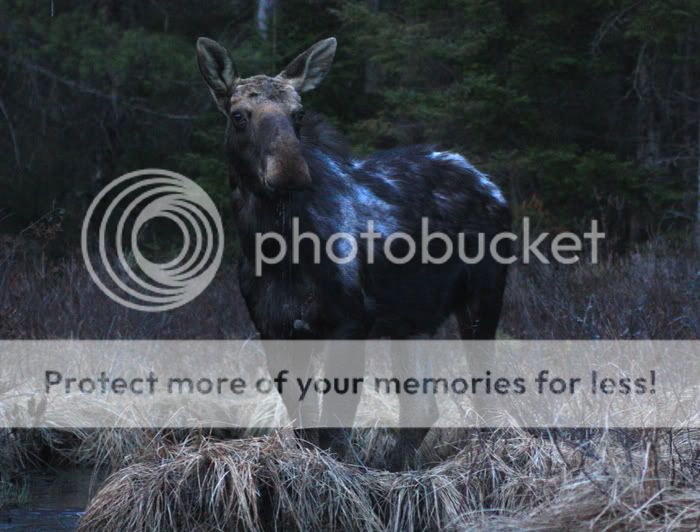
Trail is mostly melted out and dry... Off trail, I found some excellent examples of rub marks on spruce. It's a good look at rub marks, as opposed to peeling from moose eating the bark. We can see deep, sharp gouges, and the braches have been broken off at the trunk, leaving a bare trunk from near the ground up to about ten feet...

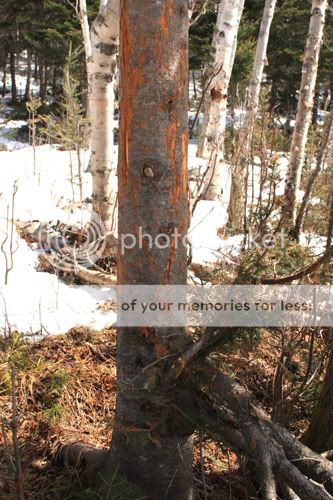
Here's a couple trees that were rubbed further in the past past...
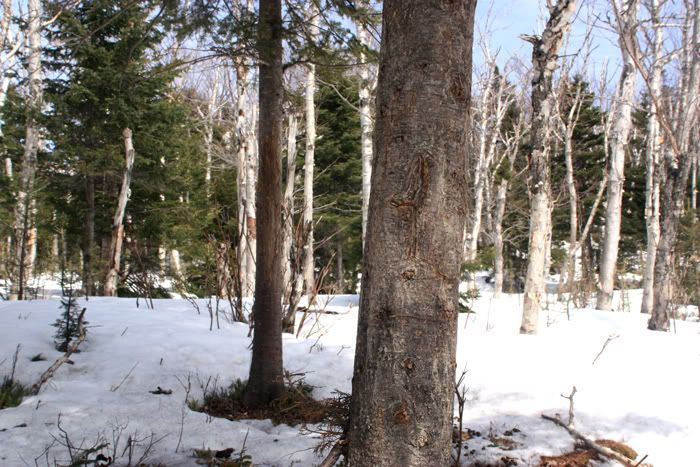
more moose sign...
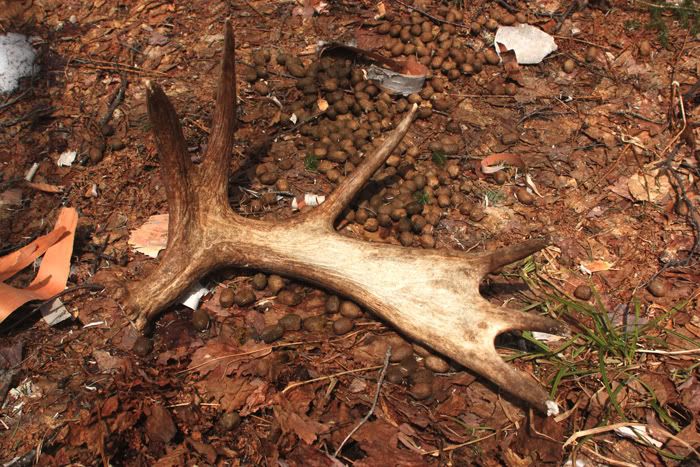
a vernal pool full of spring life!
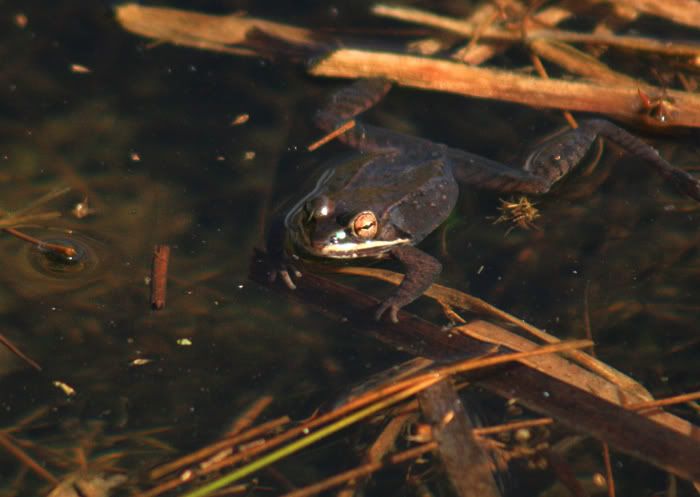
happy trails

He went back into the woods, then popped out near the TH, but I don't want to mention which trail...




Trail is mostly melted out and dry... Off trail, I found some excellent examples of rub marks on spruce. It's a good look at rub marks, as opposed to peeling from moose eating the bark. We can see deep, sharp gouges, and the braches have been broken off at the trunk, leaving a bare trunk from near the ground up to about ten feet...


Here's a couple trees that were rubbed further in the past past...

more moose sign...

a vernal pool full of spring life!

happy trails
Last edited:
